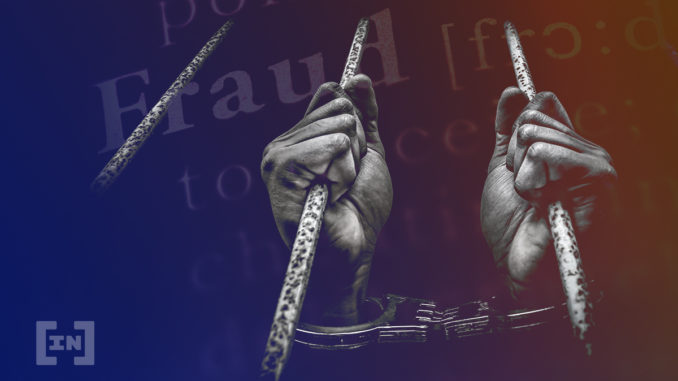
A bitcoin user paid the equivalent of 3 BTC, or $179,000, to a “confirmed” giveaway scam impersonating MicroStrategy chief executive officer Michael Saylor.
Crypto tracking tool Whale Alert reported the incident on Nov. 21. It said the theft occurred via the website mstrategy.io/bit, a “confirmed” scam platform used by con artists to impersonate Saylor.
BeInCrypto attempted to access the website but received an error message.
The fraudsters typically pose as a celebrity, in this case Michael Saylor, before asking users to send bitcoin to a designated address. They promise to multiply the cryptocurrency that investors send – the giveaway – but make off with the money instead.
This time, a BTC user lost $179,000 to the scammers. At the time of writing, the primary bitcoin address in question received more than $4.16 million, or 72.14 BTC, in total, from 49 transactions. The current value of the address is $590,000 or 16.7 BTC.
Crypto fraud on the increase
Saylor, the CEO of MicroStrategy, has been a big supporter of cryptocurrencies. Since August last year, MicroStrategy has bought up to 114,042 BTC – the largest holding of any publicly-traded company. The holdings are worth over $6.57 billion at current market prices.
Scammers aren’t only pretending to be Saylor. They also impersonate Tesla CEO Elon Musk as well as government agencies or well-known businesses.
In the instance of Musk, the U.S. Federal Trade Commission (FTC) reported that online criminals stole more than $2 million in fake giveaways related to the influential billionaire during the six months to May 2021.
Crypto fraud has risen sharply in recent years. The industry appears to have become a victim of its own success, as incidents of fraud tend to be linked to the exponential growth in digital asset prices.
In 2020, crypto fraudsters targeted Twitter and took over high-profile accounts on the social media platform, including that of Musk. The scammers made off with over $120,000 in bitcoin from the hack.
Whale Alert says it tracks 9,214 scam websites and 92,955 fraudulent cryptocurrency addresses. To date, it has tracked over $803 million in stolen digital assets worldwide.
What do you think about this subject? Write to us and tell us!
Disclaimer
All the information contained on our website is published in good faith and for general information purposes only. Any action the reader takes upon the information found on our website is strictly at their own risk.






Be the first to comment